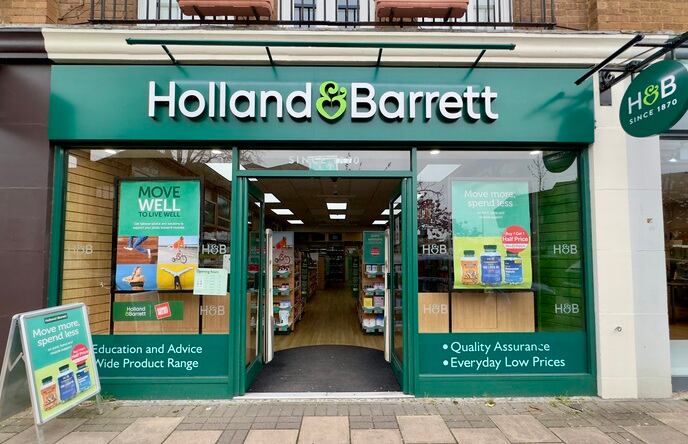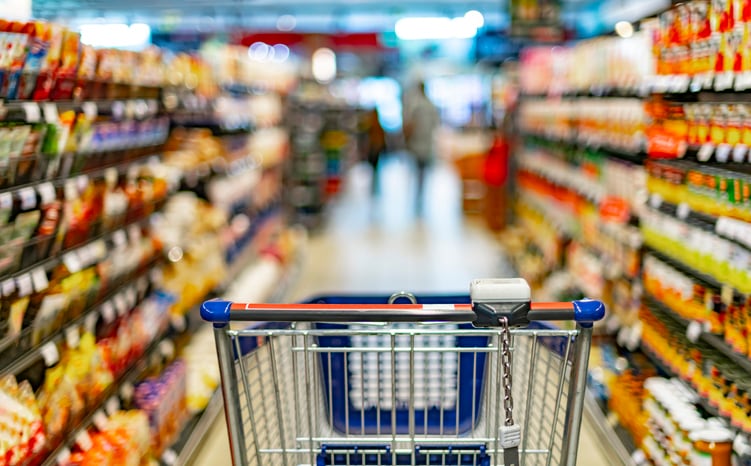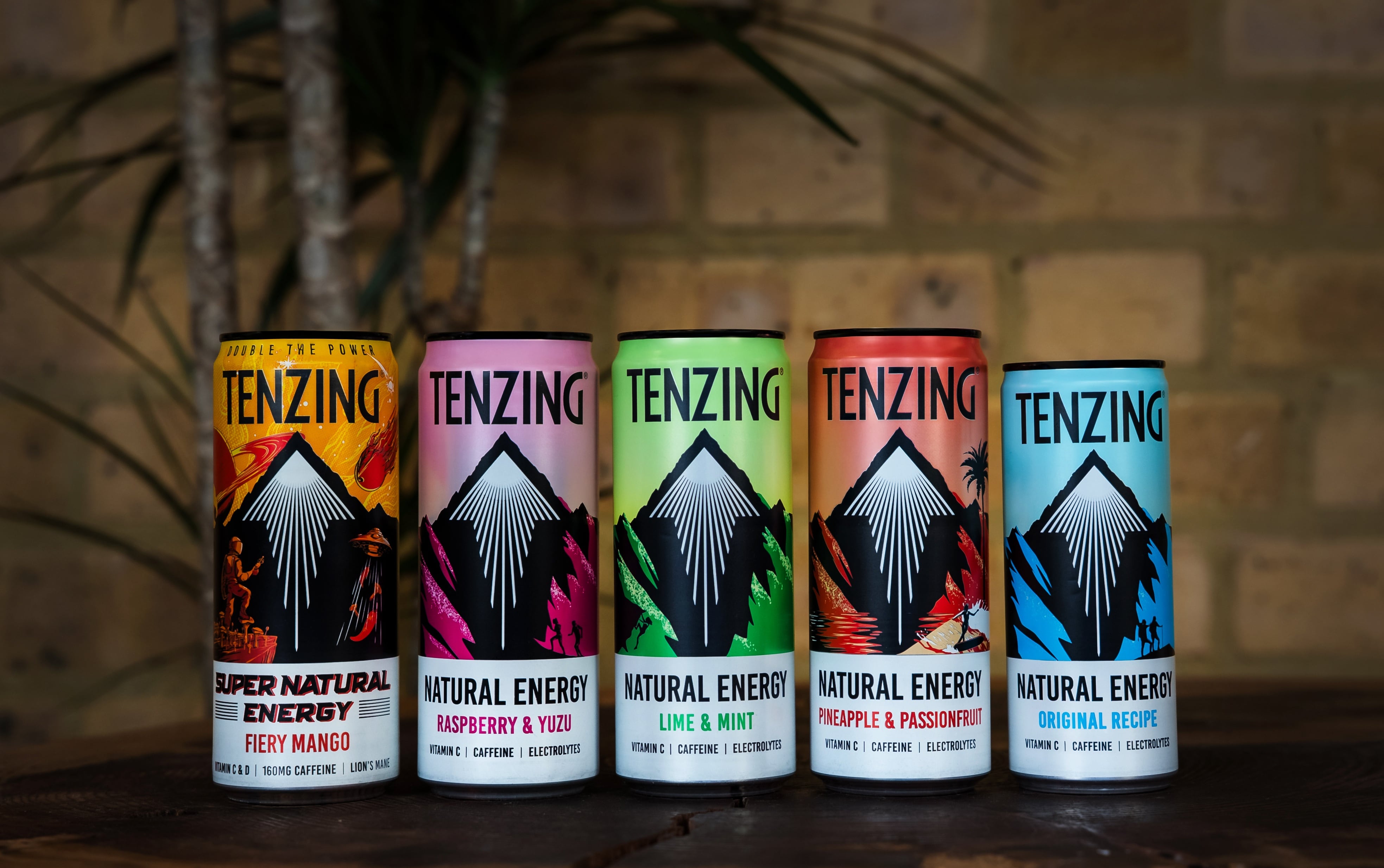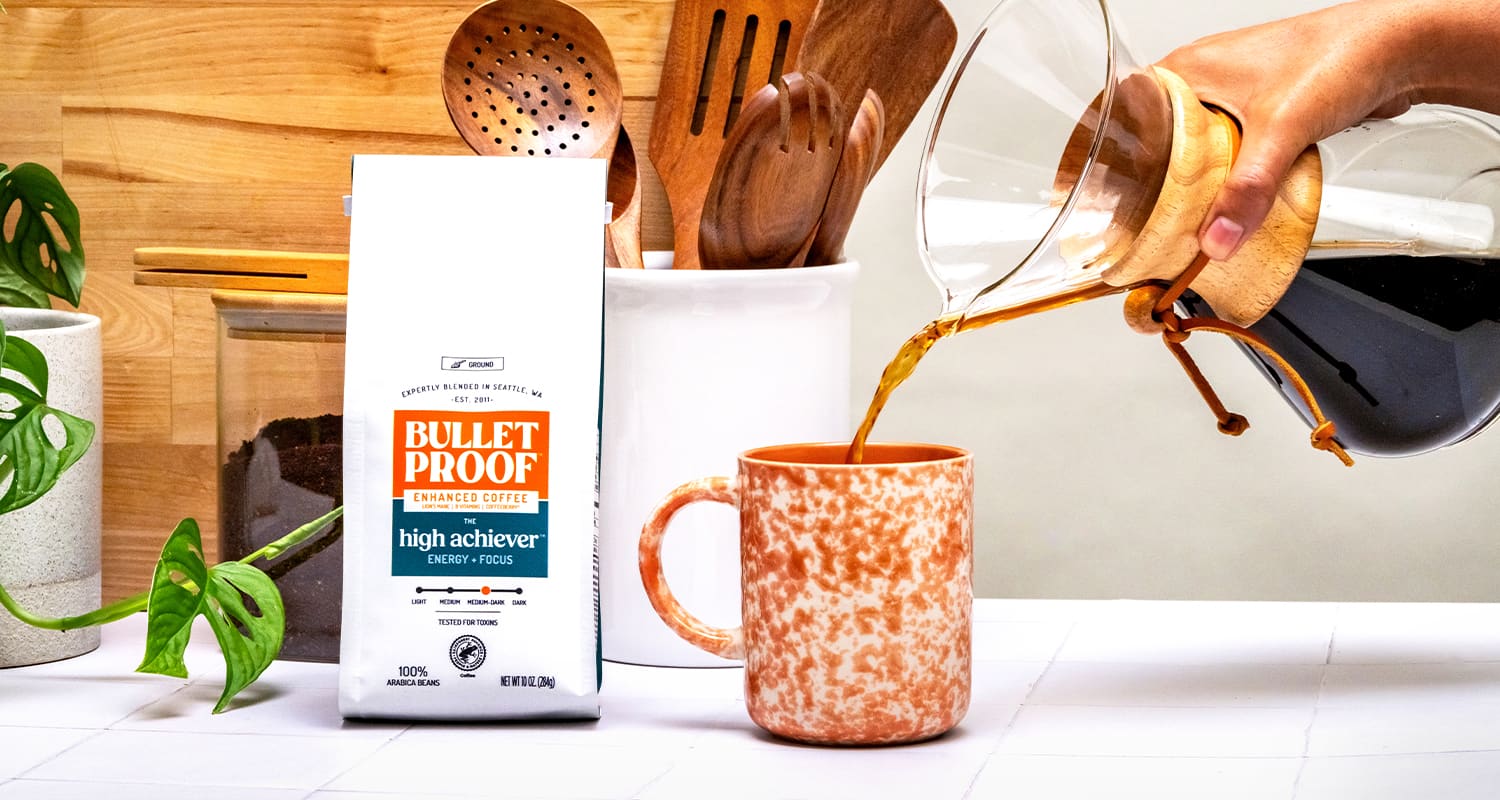Getting a new beverage brand into retail is notoriously difficult for several reasons. Shelf space is scarce and it’s highly competitive: dominated by major players with huge budgets. Retailers are bombarded with pitches and it can be hard to stand out from the crown: while buyers are reluctant to bet on wild cards when there’s plenty of proven and established options out there.
Speaking at the Beverage Forum in London this month, buyers, retailers and entrepreneurs shared what’s essential - and what can be a deal-breaker - when trying to break into retail.
Finding the right match
Finding the right retailer is critical. Listings with a national mega-chain might be the dream: but do you have the resources to meet minimum order qualities? Is the store targeting your audience? Where will the product be placed in stores? What about conditions like exclusivity? Do you have the capital to succeed (and - to be blunt - can you absorb a failure?)
While everyone wants to make it big, it makes more sense to start with a retailer attuned to a start-up’s capabilities.
In the US, for example, Sprouts Farmers Market focuses on the better-for-you segment and is on the search for trendspotting brands with its foraging program. That’s a win-win situation for both the retailer and the brands it stocks.
“The key [for us] is we’re bringing products in that people can’t buy anywhere else,” said Jack Sinclair, CEO, Sprouts.
“And I think it’s beneficial for brands to start in a smaller, differentiated space.”
Watertight science
As innovation in functional beverages explodes, scrutiny on brands is also increasing. That’s particularly important to UK health and wellbeing retailer Holland & Barrett: which stocks vitamins, supplements, foods and beverages.
The retailer has a research team that scrutinizes every brand it is considering stocking on shelves.
“Really important for Holland & Barrett is science-backed efficacy,” said Launa Humphreys, senior category buying manager, food, at Holland & Barrett. “That’s the foundation of our whole business, and we need it for our drinks as well. It’s can’t just be a cool drink: those claims on the pack really need to stack with our science teams.”

A brand the retailer can get behind
Excellent branding, an attractive visual identity and that ‘cool’ factor are essential for brands to reach new consumers.
That’s also important to retailers: who see their products through the eyes of consumers and want to know if a brand has ‘can in hand’ appeal.
But away from the fun stuff, retailers also want to know they can put their full marketing muscle behind products they back. In the UK, HFSS regulations restrict how products high in fat, salt and sugar can be marketed – and that’s now a key consideration to retailers.
“Facing into HFSS regulations in the UK… we’d really want the drinks to be compliant, we’d want to be able to promote and market and do everything we want to do to make the launch a success,” said Humphreys of Holland & Barrett.
Think about what you can offer
Retailers offer brands the path to mass market success. That’s so critical to brand growth that entrepreneurs frequently forget to think about it the other way round: what can brands offer retailers?
Meal-shake brand Huel, for example, made a huge success of D2C before upping its focus on retail: build the brand in the digital space and amassing a strong following.
First of all, that means it can understand the market and perfect its products through direct consumer feedback before launching into retailers, thus de-risking the launch for the retailer. But more importantly, its D2C strength means it can bring new consumers into the retailer.
“Retailers love that,” said Brian Hopkins-Parkinson, global retail director, Huel. “They love the idea you can bring shoppers through their door, they’re not just giving you something, you’re giving them something. So it’s more a two-way conversation.”
Like every other beverage entrepreneur, Marisa Poster, founder of Perfect Ted, knows the door will get ‘shut in your face a thousand times’.
But the key, she says, is to be resilient and keep showing up. “We now have been able to work with some of our largest partners by persistence: following up gently – not annoyingly – and sharing value and trying to make their lives better,” she said. “What can we bring you to make your business better? Thinking of what is the value for the other person: What do they want? What can they get out of this relationship? Trying to put our mindset into their framework – that’s what’s allowed us to be successful.”



